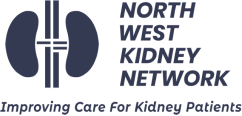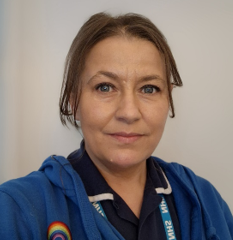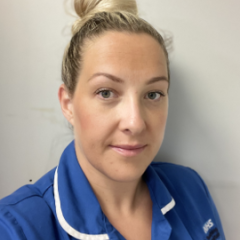The Genome UK implementation plan highlights the importance of delivery partners working together across healthcare systems to implement the Genome UK strategy. Pillar 1 specifically stresses the importance of incorporating “genomics into routine healthcare to improve the diagnosis, stratification, and treatment of disease” and references the UK Rare Diseases Framework. The integration of genomic technologies into NHS pathways will be key to realising the aspirations of the Genome UK strategy and the UK Rare Diseases Framework. Genome UK: 2022 to 2025 implementation plan for England - GOV.UK.
Genomic technologies have the potential to diagnose diseases early but can also raise anxiety for patients, their families and healthcare staff. As a result, it is essential that our pathways are designed with the patient at the centre with a focus on shared decision making. Patient and carer engagement is key to the successful integration of genomic tools into NHS pathways.
The NWKN has identified awareness of, and equitable access to, genomic testing as an area of significant need and was able to gain funding from the North West Genomics Medicine Service Alliance and Health Education England (HEE) to commence work on this project.
The national conversation on rare disease survey identified that patient groups and healthcare professionals shared the same concerns regarding genomic testing: coordination of care; getting the right diagnosis; awareness amongst healthcare professionals; access to specialist medical care and treatment. This was also reflected by our NW clinicians during our engagement events.
Specific barriers were identified by teams in the NW in relation to mainstreaming genomic testing in renal medicine including having sufficient time to consent for and request genomic tests and adequate knowledge to confidently interpret and discuss results. The limitations of this assessment were that it predominantly reflects the opinions of renal doctors and needs extending to include other healthcare professionals and patients. One area we aimed to address was to ensure education of all healthcare professional but also to gain ‘genomic champions’ within five regional centres.
Time has been identified as a barrier to further education and delivery of genomic testing. This programme of work undertook detailed learning needs assessment to enable us to create a workforce that is able to meet the needs of patients. We will also deliver co-designed pathways with tools and education material to support services within the NW.
The new agreed pathway utilised the use of a regional MDT based at one of the North West Genetic Specialist Centres. This ensures effective and efficient use of clinical time the NW, this optimum model has been created by the stakeholder group. The embedding of this process into NW practice has commenced. Sustaining this approach will be the focus for 2023-24. Efficacy and progress of this embedding process will be reviewed at agreed intervals, regeneration of the NWKN Genomics Dashboard will support this analysis process.












